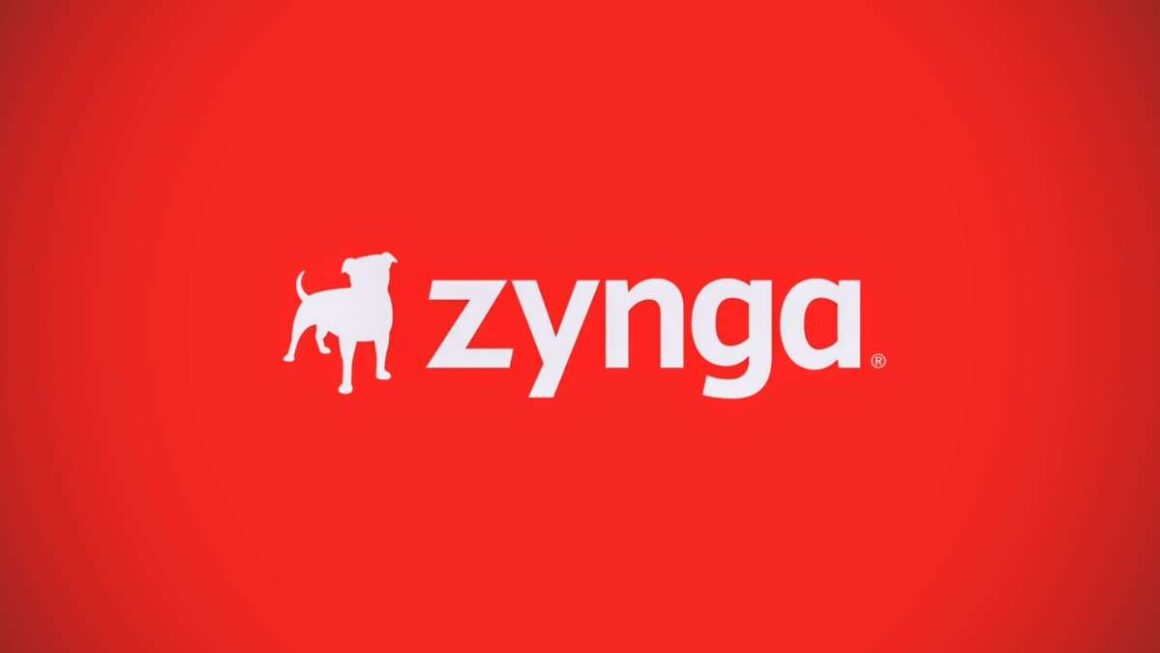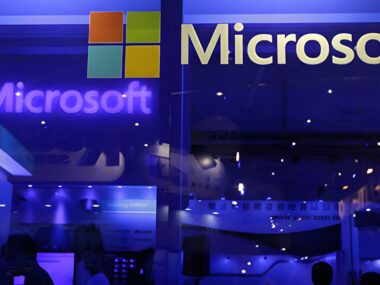Zynga didn’t just dominate social gaming in the late 2000s. It pushed the industry into a new era of data-driven design and viral growth.
It also crossed lines that forced regulators and players to demand transparency. The real question isn’t whether Zynga changed mobile gaming. It’s whether that influence built the ecosystem we have now or revealed everything that could go wrong with it.
A Company That Was Built to Grow Fast
Zynga began in 2007 with Mark Pincus. He positioned himself as a leader with big ambitions and a willingness to do whatever it took.
He had little gaming experience but had a Silicon Valley belief in disruption.
He was described as a “bad boy” founder who wanted control and rapid expansion. Those choices shaped how Zynga operated from day one.
Zynga’s growth came from being early to the world of social gaming. Games like Zynga Poker and FarmVille exploded because they used Facebook’s notifications to reach people who didn’t even consider themselves gamers.
Moms playing between errands. Students procrastinating in computer labs. Office workers killing time between emails. Zynga built games that fit into the cracks of people’s lives.
Zynga also pushed a free-to-play system before other companies took it seriously.
Selling virtual poker chips for real cash was bold. It proved there was real money in microtransactions. This was before mobile games turned that model into a global standard.
Data, Cloning, and Relentless Iteration
Zynga measured everything inside its games. Every click. Every purchase. Every session. It became clear that Zynga was operating more like an analytics company than a traditional game developer.
This approach made Zynga the juggernaut it was. It cloned successful ideas until their iterations were more popular than the original. Farm Town, Sims Social, Happy Aquarium all felt the pressure of Zynga’s strategy.
Today, this kind of data-driven design is normal. Back then, it was a preview of what the mobile industry would look like for the next decade.
Notifications, Celebrities, and Viral Chaos
If someone played FarmVille, everybody knew.
The constant notifications became a joke. They were also the most effective marketing system gaming had ever seen.
Zynga turned viral mechanics into a science.
Then it turned them into a spectacle.
It launched massive promotional stunts. Collaborations with artists like Lady Gaga, Dr. Dre, and Snoop Dogg made in-game unlocks feel like events.
Partnerships with brands like McDonald’s, American Express, and Frito Lay blurred the line between advertising and gaming.
Zynga even staged real-world pranks. Fake money glued to sidewalks. Sheep wandering around New York to promote a FarmVille update.
It wasn’t subtle, but it worked.
Mobile games today live off seasonal events, and cross-promotions. Zynga showed how effective these campaigns could be.
Scams and Data Abuse
Zynga pushed the boundaries of what it could do. So much that it crossed ethical lines regularly.
Its third-party “offer” ads became infamous. Players were promised in-game currency if they completed surveys, gave up personal information, or entered their phone numbers. Many of these offers enrolled people in paid subscriptions they didn’t understand or charged them without clear permission.
The backlash led to lawsuits like Swift v. Zynga, where players accused Zynga of deceptive practices.
Zynga responded by shutting the offers down, but that didn’t erase the damage.
Privacy wasn’t talked about much at the time, but Zynga’s data collection pushed the limits of what users expected. It collected and analyzed everything because nothing stopped it.
Zynga didn’t just show what mobile data could do. It showed how it could be abused when transparency wasn’t required.
Zynga Meets the Shift to Mobile Gaming
When mobile gaming started to overtake web-based social gaming, Zynga struggled.
It tried to pivot with big acquisitions like Draw Something, spending hundreds of millions to stay relevant.
That plan didn’t work.
By 2014, Zynga had lost half its users. It had lost its place on Facebook and its advantage over other publishers.
Zynga still exists today, but the era where it was the dominant player is long gone.
Zynga’s Legacy
Zynga’s legacy is messy, but its influence is undeniable.
It shaped the way mobile games collect data and analyze player behavior. It normalized free-to-play models and microtransactions. It proved the power of viral social mechanics.
It showed how celebrity collaborations, brand deals, and real-world promotions could turn a game into a cultural event.
Yet it also exposed the risks.
It inspired stricter rules around notifications and how user data is handled. It forced platforms and regulators to step in. It created a backlash that still shapes how mobile games are built and marketed.
Zynga shaped mobile gaming by showing the industry what was possible.
It pushed the social, viral, data-driven foundations that mobile games rely on today. It also highlighted the ethical pitfalls that companies are still trying to navigate.
Some of mobile gaming’s worst habits trace back to Zynga. So do some of its most profitable systems.






